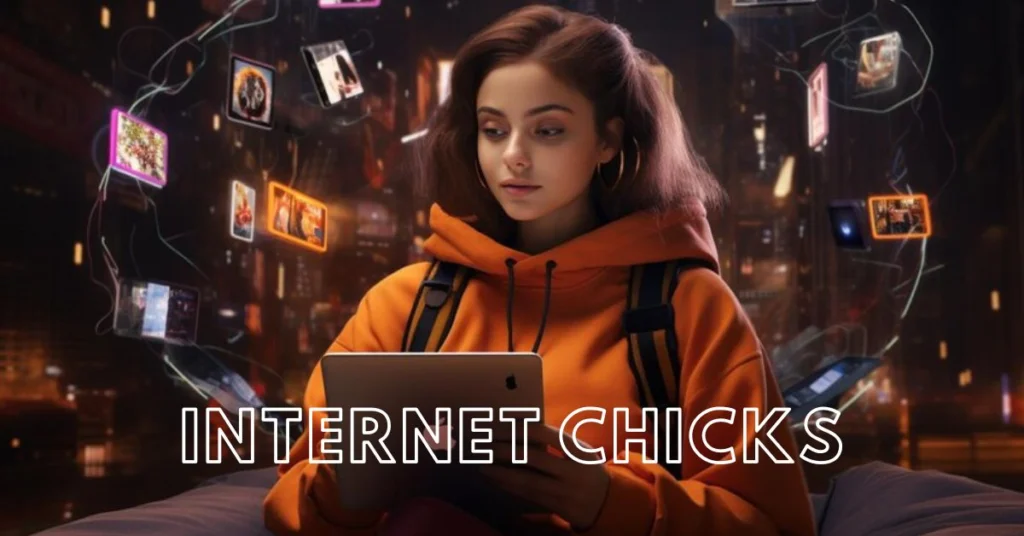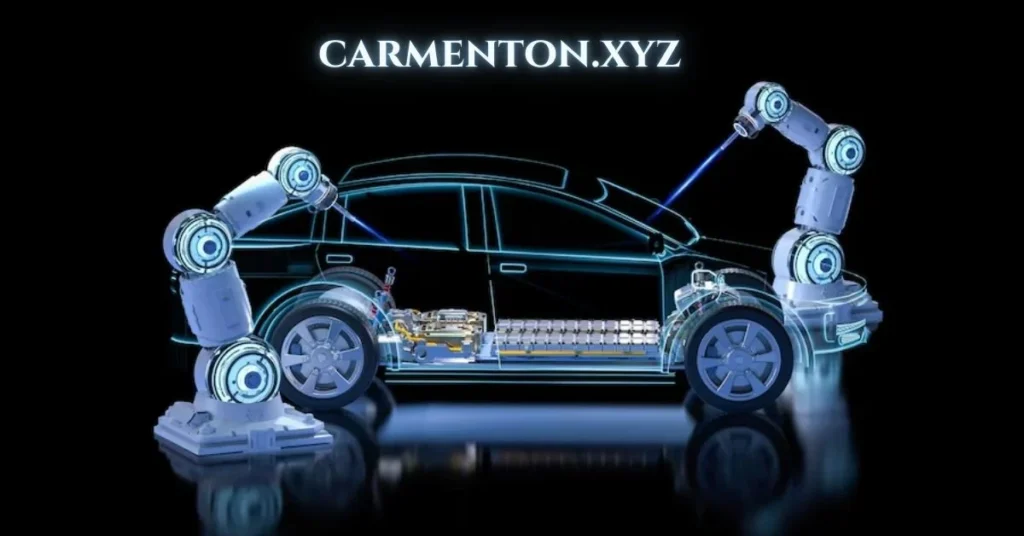Introduction
The internet is a massive, ever-evolving digital space where ideas, innovations, and communities flourish. Amid this dynamic ecosystem, the term “internetchicks” represents a growing force of women shaping the culture, technology, and discourse online. Whether they are pioneers, influencers, developers, or activists, these women have been critical in fostering creativity, inclusion, and empowerment in the digital age.
Women have always had a significant role in shaping the internet, though their contributions were historically underrepresented. However, in recent decades, they have made remarkable strides in ensuring their voices are heard, their innovations are recognized, and their influence on digital culture continues to expand.
The Evolution of “Internetchicks”
The history of women on the internet is rich with groundbreaking moments and tireless efforts to claim a space in an often male-dominated environment. From the early bulletin board systems (BBS) and Usenet forums to today’s vibrant social media platforms, women have been present, building communities, fostering conversations, and advocating for change.
Early on, women faced numerous challenges, including gender bias and lack of representation in the tech world. Nevertheless, they persevered, creating networks where they could support each other and nurture new talent. These early internet pioneers laid the foundation for what we now celebrate as “internetchicks.”
Pioneering Women of the Web
Before social media and viral content, there were women who saw the internet’s potential and blazed trails for future generations. Names like Ada Lovelace, Grace Hopper, and Radia Perlman come to mind when discussing the early technical contributions of women to the computing world. Ada Lovelace’s work on the first algorithm, Grace Hopper’s pioneering programming language development, and Radia Perlman’s creation of the spanning tree protocol all laid the groundwork for today’s internet.
In the late 1990s and early 2000s, women like Marissa Mayer, one of Google’s first engineers, and Caterina Fake, co-founder of Flickr, helped shape the modern web. These women not only contributed to the technical development of the internet but also influenced its design and functionality, emphasizing user experience and accessibility.
Building Online Communities
One of the most powerful contributions of women in the digital space has been the creation of online communities. These spaces provide a platform for women to connect, share experiences, and support one another. Platforms such as Women 2.0 and BlogHer have been instrumental in helping female entrepreneurs, writers, and technologists build their networks and gain visibility.
“Internetchicks” embody this spirit of community-building, where collaboration is more valuable than competition. Women have utilized forums, social networks, and other digital tools to create inclusive spaces where their voices are valued. These communities have played a critical role in nurturing the next generation of female innovators.
The Role of Social Media in Internet Chicks
Social media has drastically transformed how women interact online, making it easier to amplify their voices, share stories, and mobilize for social change. Platforms like Facebook, Twitter, Instagram, and YouTube have become essential tools for women to build their personal brands, advocate for causes they care about, and engage with global audiences.
Movements like #MeToo and #TimesUp, which gained momentum online, are prime examples of how women have harnessed the power of social media to create change. Women have also used these platforms to build businesses, becoming influencers, digital marketers, and thought leaders. Social media’s accessibility has democratized who gets to participate in internet culture, allowing “internetchicks” to thrive.
Empowerment Through Technology
The internet has not only allowed women to connect and share their voices but has also provided a platform for empowerment. Women are increasingly using digital tools to advocate for their rights, launch businesses, and create content that challenges traditional gender norms. This empowerment through technology has reshaped industries, including media, fashion, beauty, and even finance, where women are emerging as dominant players.
The rise of female-led startups in the tech industry is a testament to this shift. Companies like Bumble, founded by Whitney Wolfe Herd, have redefined how women participate in traditionally male-dominated spaces. Female entrepreneurs are now using technology to disrupt industries and create products tailored to women’s needs and experiences.
Influential Internet Chicks of Today
Today, women are at the forefront of digital innovation, from influencers with millions of followers to entrepreneurs leading multi-million-dollar ventures. Some of the most influential figures in internet culture include women like:
- Marie Forleo, a business coach and online marketing expert
- Lilly Singh, a YouTube personality turned late-night TV host
- Huda Kattan, founder of Huda Beauty and one of the world’s most influential beauty bloggers
These women exemplify the power of the internet to create new opportunities, whether through building personal brands or launching successful businesses. They have redefined what it means to be an “internet chick,” proving that women can lead in any digital space they choose to occupy.
Internet Chicks in the Tech Industry
While the representation of women in the tech industry is still a work in progress, there have been notable advancements in recent years. Programs like Girls Who Code and Black Girls Code are helping to bridge the gender gap in technology by providing young women with the skills they need to succeed in fields like software development, artificial intelligence, and cybersecurity.
Female tech leaders are also making significant strides. Sheryl Sandberg, the COO of Facebook, and Susan Wojcicki, CEO of YouTube, have proven that women can hold powerful roles in the tech industry and shape the future of digital platforms.
Representation in Digital Spaces
Representation matters, and for women, achieving visibility in digital spaces has been an ongoing battle. Historically, women have been underrepresented in both the tech industry and broader internet culture. However, with the rise of “internetchicks,” women are claiming their space, demanding equal representation, and influencing online narratives.
Women-led initiatives and organizations have played a crucial role in increasing female visibility online. Platforms like Women in Tech and Women Who Tech have created a space for women to showcase their talents, share their experiences, and mentor others.
FAQs
How have women contributed to the evolution of internet culture?
Why is online representation important for women?
What challenges do women face in digital spaces?
How are women using the internet for activism?
Who are some influential women in internet culture today?
What resources exist to support women in tech?
Conclusion
Women have been integral to the development and growth of internet culture, from early technical innovations to modern-day influencers. “Internetchicks” represent a powerful force shaping the future of digital spaces. Their contributions are not only making the internet a more inclusive and vibrant space but are also paving the way for future generations of female leaders in technology, media, and beyond.

 Blog4 months ago
Blog4 months ago
 Life style4 months ago
Life style4 months ago
 Tech5 months ago
Tech5 months ago
 Tech5 months ago
Tech5 months ago
 Life style5 months ago
Life style5 months ago
 News5 months ago
News5 months ago
 Tech5 months ago
Tech5 months ago
 Blog5 months ago
Blog5 months ago


